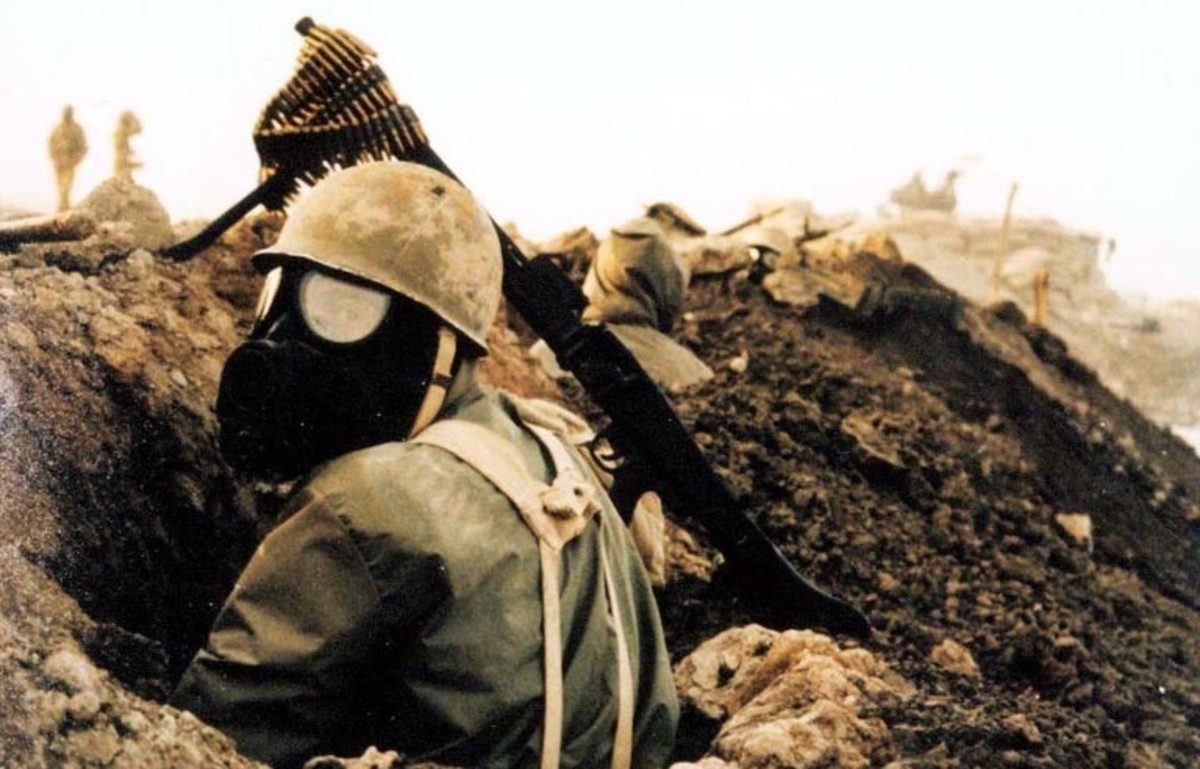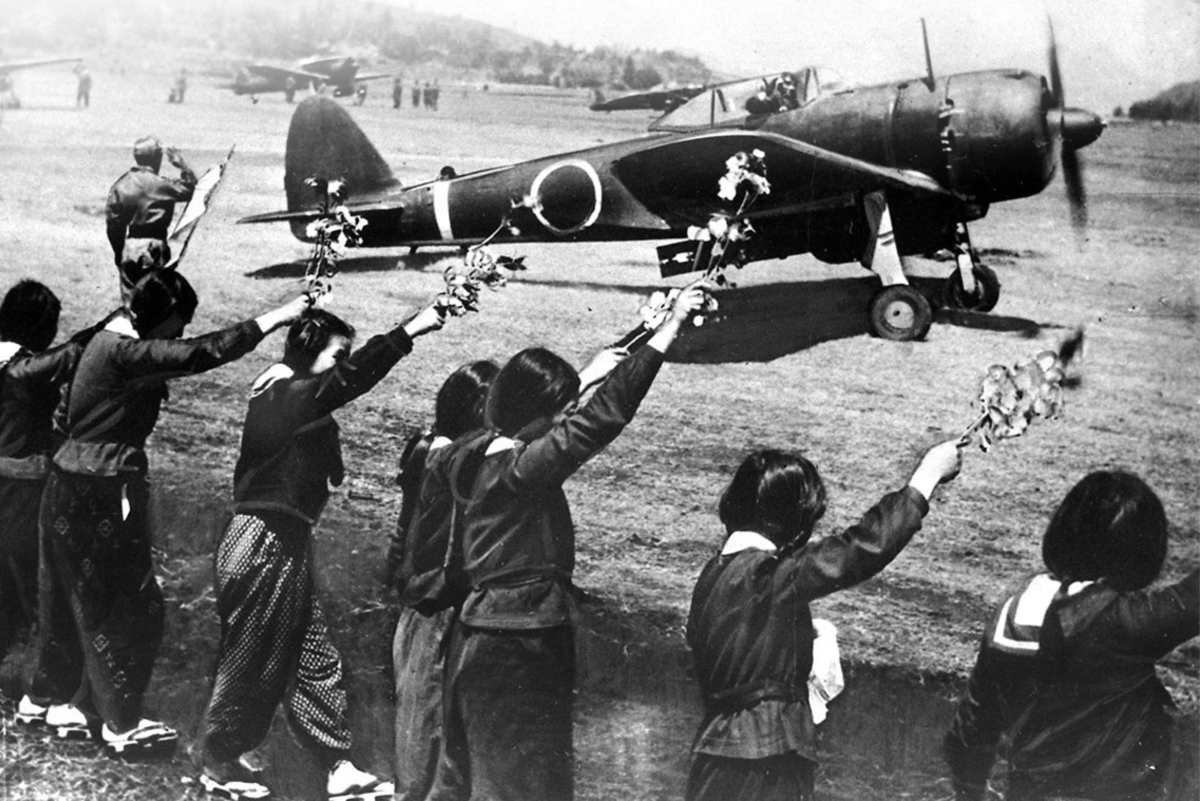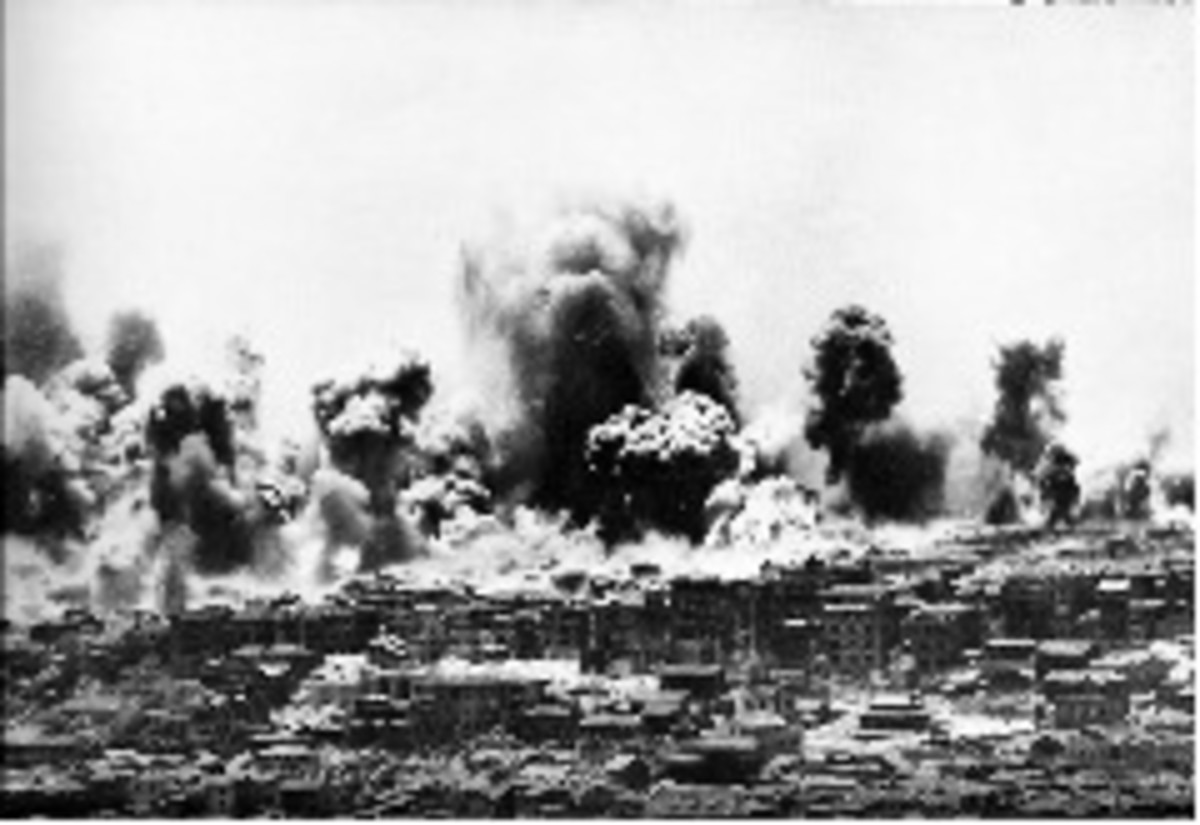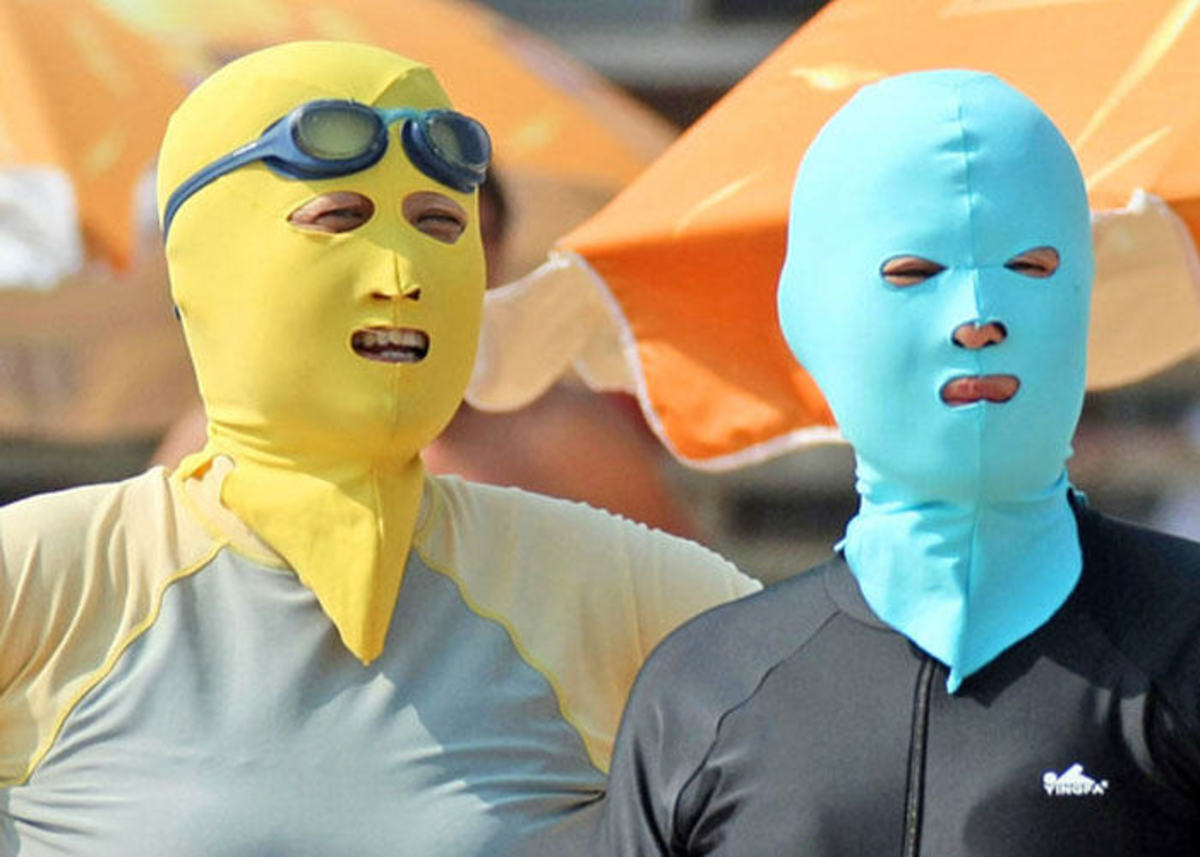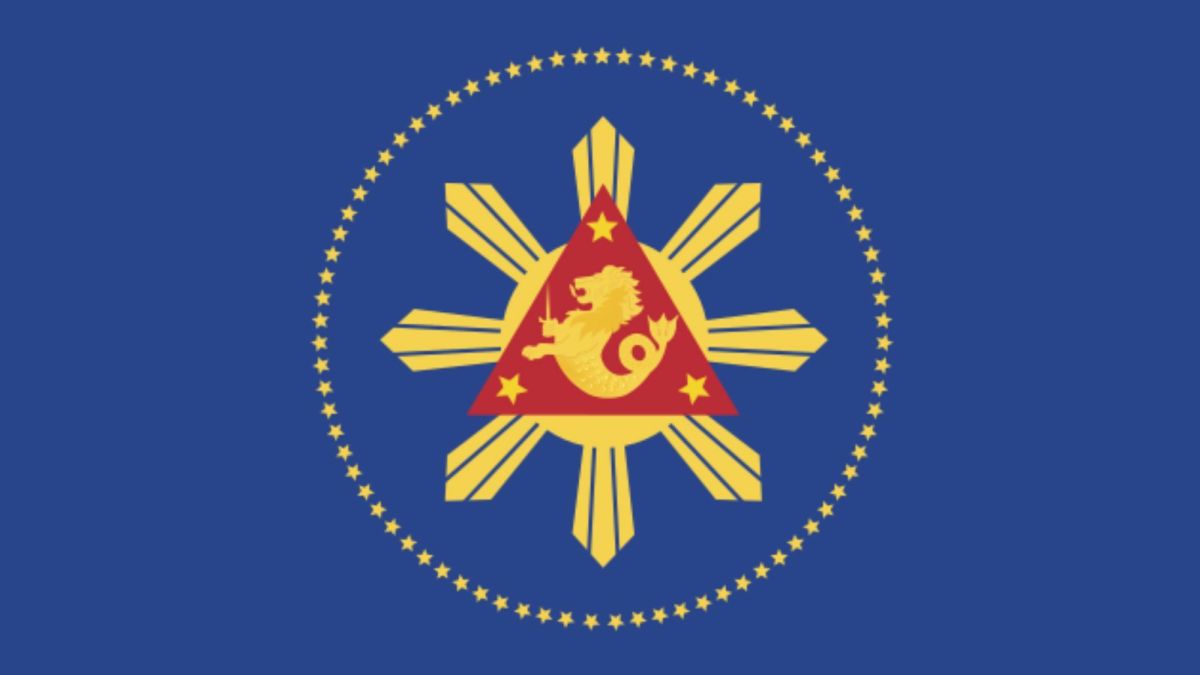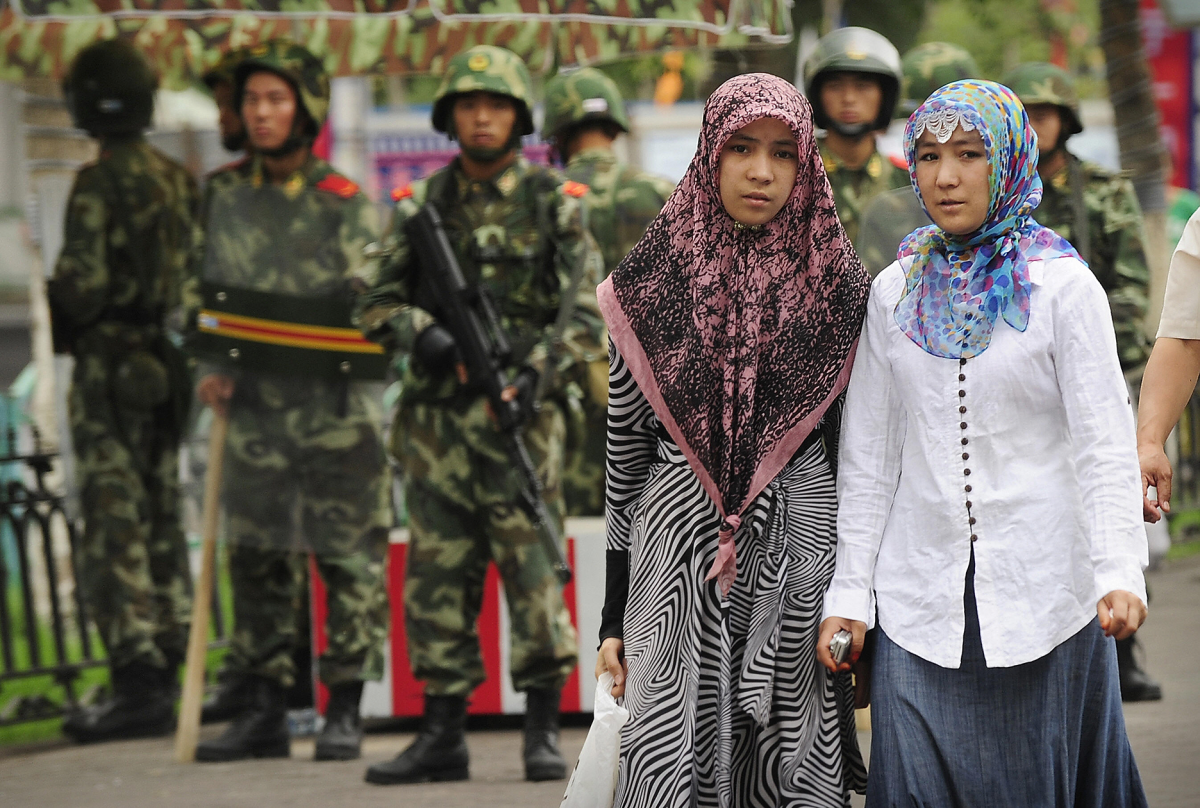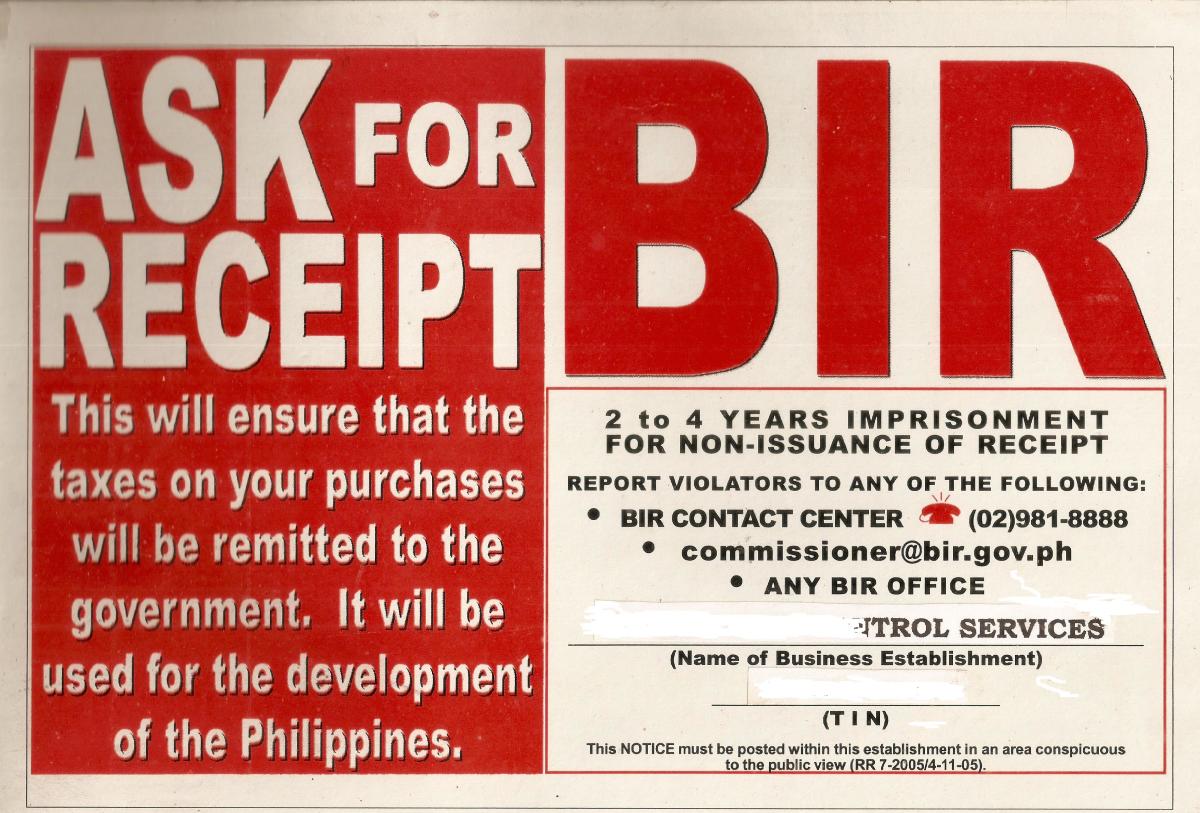To What Extent Were Japan’s Apologies for Nanking Massacre’s Wartime Atrocities and Crimes Sincere?
To what extent were Japan’s apologies for Nanking Massacre’s wartime atrocities and crimes sincere?
Introduction
The 1930s and 40s are typically characterized by the extension of nations across the borders of their respective neighbours in the quest of advancing their individual nationalistic needs coupled with the distressing wars the remaining part of the world fought to halt their aggression. Both Germany and Japan perpetuated enormous damage on both the civilian populations as well as military forces of their respective neighbors, nevertheless, both nations have encountered enormously diverse associations within the post-war epoch. Whereas Germany has integrated relatively effortlessly back into the current European realm, Japan has not enjoyed a similar reappearance to harmonious associations with its underlying neighbors. Contrasting Germany, Japan within the face of its neighbors, has never entirely apologized to its neighbors for its actions as well as admitted entire liability for the atrocities it undertaken within the region. From Emperor Hirohito to Prime Minister Shinzo Abe, Japan has apologized for an overwhelming of time for its war crimes and atrocities to nations that were once colonized by Japan in WW2[1]. After 74 years, Japan's younger generation is growing increasingly frustrated with their neighbor's demands for them to express remorse over the conflict. On its 70th anniversary of Japan's surrender, Prime Minister Shinzo Abe has a similar outlook towards this issue. Nevertheless, in the eyes of the international community, PM Shinzo Abe's speech was unacceptable as he pointedly did not offer an apology despite showing grief. This debate on whether Japan has done enough to express remorse to China for the wartime crimes and atrocities is still ongoing today. Consequently, Japan's associations with its neighbors, particularly China are disfigured by the existing inherent suspicion that China and its citizens of the harbor toward Japan. One factor that is halting a complete resolution of the case is the issue of the sincerity of Japan's attempts to atone for its war crimes over the years that have made China doubtful of the apology.
This paper will focus on reviewing and appraising the various perspectives of scholars and news outlets on whether the Japanese's attempts to seek forgiveness from China have been sincere. The exploration of these underlying massacres, Japan's treatment at the renowned Tokyo Tribunal, coupled with its revitalization shortly thereafter offers comprehension of the enduring hatred of the Japanese and its power regarding Japan's foreign policy goals. Moreover, Tokyo's reaction to its antiquity typically plays a fundamental role regarding the complexities of this very dynamic. The consistent apologies conveyed by various Japanese prime ministers as well as supplementary government officials, coupled with the deceitful nature of these apologies, shade every interaction amidst the governments and impacts on the foreign policy strategies. To a large extent, the paper will argue that Japan's attempts to atone for its war crimes were principally inconsistent and insincere as its apologies typically contradict to the nationalistic actions regarding the portrayal of war and war criminals in textbooks as well as during commemorations[2].
Commemoration of Japan’s wartime heroes
Commemorating Japan's wartime heroes who committed the wartime atrocities in WW2 by the Japanese leaders contradicts their actions of showing remorse and apology to the war victims in China. The commemoration of Japan's wartime heroes is ever-controversial and divisive even after 70 years after the war. Numerous individuals possess diverse perceptions over what occurred during WW2 as well as concerning Japan's defeat. Japan normally commemorates its wartime heroes at the Yasukuni shrine and it is normally attended by numerous individuals across the globe. According to Kaio, it is impossible to sincerely apologize and express regret for wartime atrocities devoid of overcoming the problem of "distortions" within the postwar Japanese society. As Japan prioritizes the Japanese war dead over the Asian war victims, this leads to the rightist insistence that Japanese soldiers be worshipped as heroic spirits at the Yasukuni Shrine[3]. China and Korea were angered at how PM Shinzo Abe sent an offering to a shrine to the war dead of WW2. All the entire prime ministers amidst 1972 and 1981 worshipped at the renowned Yasukuni Shrine since it was deemed they had forgotten history about the atrocities of wartime and mainly concentrated on the tenacious strategic as well as economic issues. Past visits by Japanese leaders to Yasukuni outraged Beijing because they honor 14 Japanese leaders convicted by an Allied tribunal as war criminals[4]. Thus, Beijing perceives this as Tokyo's failure to atone for its occupation in China, as well as the Massacre of Nanjing.
Disputed way of portrayal of the war in Japanese textbooks
The perception of history coincided with the underlying Japanese conservative leaders who desired remembering Japan as a chief victim, but not the crime of the war and correspondingly blamed solely few Japanese military leaders for commencing it. Moreover, conventional historiography massively defends the participation of the Japanese control over Asia in honoring the perceived heroic sacrifice of the underlying Japanese imperial soldiers and correspondingly covering up their respective atrocities. These national myths are massively propagated by assortments of practice such as textbook misrepresentations of the war history. Moreover, the disputed way of portrayal of the war in Japanese textbooks is typically downplaying and distorting Japanese role in the commitment of wartime atrocities in Japanese history textbook sparked outrage among the Chinese as it seemed that the Japanese are unwilling to accept and recognize their mistakes officially[5].
As Japanese youngsters born after 1945 are not familiar with the history of wartime Japan's relations with the rest of Asia, there is the possibility that very few know the reality of wartime slavery. There was one page on events leading up to the Sino-Japanese war in 1937 encompassing a single line placed at the footnote highlighting the massacre that occurred when Japanese forces invaded Nanjing – the Nanjing Massacre. Before the 1980s, Beijing never confronted Japan about the history textbooks even though the underlying school texts of the period of 1960s, as well as the 1970s, questionably went extensively in their concealing of the wartime past. In 2005, protests were sparked in China by a textbook curated by the Japanese society for history textbook reform. Foreign critics said it whitewashed Japan's war record during the 1930s and early 1940s[6].
Denial by government officials
Despite the existence of historical evidence about the Nanjing Massacre that has been unanimously proven, certain Japanese officials have constantly denied it. The denial of the Massacre of Nanjing by the Japanese officials has led to criticisms of the international community as there was some evidence to prove the existence of the incident back then. The act of denial is deemed to be extremely irresponsible by China and China hoped that Japan ought to admit the underlying historical facts in a bid to attain lessons from the past[7]. The assertation by Nobukatsu Fujioka that the individuals were killed in the battlefield and it was organized massacre as alleged is an act of denial. Moreover, former history teacher and scholar Tamaki Matsuoka holds Japan's education system responsible for a number of the country's foreign relations difficulties. She accuses the government of the deliberate obscuring of the WW2 atrocities in the history textbooks. Tokyo's far-right governor Shintaro Ishihara (石原 慎太郎) has come out in support of the controversial remarks made by Nagoya mayor Takashi Kawamura two weeks ago, denying that the Nanking Massacre ever took place[8]. He said that it would have been impossible for the Japanese army to kill 400,000 people with that equipment in that period."
There exist no official numbers about the death toll within the Nanking Massacre, even though it is approximated to be ranging from 200,000 to 300,000 individuals. Moreover, immediately after the end of the war, Matsui coupled with his lieutenant Tani Hisao were tried and consequently sentenced regarding the conflict crimes by the International Military Tribunal[9]. The actual nature of the massacre has been strongly disputed and consequently exploited for propaganda purposes chiefly by the underlying historical revisionists, apologists as well as Japanese nationalists. Moreover, certain individuals Japanese allege that the numbers of bereavements have been inflated, while other individuals have denied that any massacre happened. All these assertions contravene the act of the sincere apology that is offered by the Japanese government. For any apology to be accepted the perpetrators of the atrocities ought to admit unconditional on the occurrence of the massacre without certain sections of the government officials denied.
Counterpoint
Conversely, the gradual change in the sincerity of the apologies and certain scholars might have argued that the Japanese leaders immediately after the war were highly sincere and genuine in their apologies, but the sincerity seemed to decline over the years as the younger generations are unable to feel the need to should the responsibility anymore. Pressure emanating from the local right when was confronted with the new admissions relating to Japan's wartime atrocities, officials typically issued apologies coupled with the considerable hedging and prevarication. Moreover, in 1995, Prime Minister Murayama Tomiichi when marking the 50th anniversary of the terminal of WW2 issued what is deemed to be the most explicit, unrestricted as well as complete expression on the remorse[10]. It admitted that Japan's colonial rule, as well as hostility, resulted in tremendous damage and suffering to the individuals of numerous nations, especially to those of the Asian nations, and consequently provided deep regret and heartfelt apology.
According to some scholars like Dario, Japan has done more than enough in expressing its remorse, especially in the past when the Japanese government gave up its imperialistic ambitions, becoming a convinced pacifist nation without nuclear power or right to military intervention. Moreover, it has also paid its reparations for the damage and sufferings diligently for 23 years that ended in 1977[11]. However, this gradually changes as the younger generations feel increasingly frustrated by apologizing for these historical crimes that they are emotionally disconnected from. An example would be how the avoidance to say sorry in Abe's speech implied that the government has no intention to apologize as they did not think that they were responsible for the war crimes[12].
But it can be deemed as Beijing's failure to restrain the extreme loyalists including those within Japan suspicious that China is deliberately manipulating prevalent nationalism, who have reinforced oppositions among individuals on the veracious of Japanese politics to unrelenting expressions of the remorse as well as determinations at the reconciliation against the dictatorial China whose administration that is believed to have placed regime legality as well as regional power above the corresponding good friendly relations.
Thus, government officials perceive that Chinese, as well as Korean governments, have no intention of receiving an apology as intended but are merely ready to utilize it to their benefit in a bid to accomplish their respective future foreign policy objectives. It is understandable for the gradual decline in the sincerity of the apologies as the younger generations feel that they should not be the ones who should continue to bear this responsibility of their ancestors.
Conclusion
Despite the existence of historical evidence about the Nanjing Massacre, certain Japanese officials have constantly denied it. Commemoration of Japan's wartime heroes who committed the wartime atrocities in WW2 by the Japanese leaders is also deemed to contradict their actions of showing remorse and apology to the war victims in China. The aforementioned fact by the past leaders has not shown complete sincerity in their attempts to atone for war crimes have led to an accumulation of anger and dissatisfaction from China which will make it even harder for China to forgive Japan for its war crimes during the Massacre of Nanjing.
Bibliography
Barnard, Christopher. "Isolating knowledge of the unpleasant: The rape of Nanking in Japanese high-school textbooks." British Journal of Sociology of Education 22, no. 4 (2001): 519-530.
Honda, Katsuichi, Frank Gibney, and Karen Sandness. The Nanjing Massacre: A Japanese Journalist Confronts Japan's National Shame: A Japanese Journalist Confronts Japan's National Shame. Routledge, 2015.
Kwan, Chu Tsz. "A Chinese Perspective: No More Excuses for Japan." Divided Nations and Transitional Justice: What Germany, Japan and South Korea Can Teach the World (2015): 195.
Penney, Matthew. "Far From Oblivion: the Nanking Massacre in Japanese historical writing for children and young adults." Holocaust and genocide studies 22, no. 1 (2008): 25-48.
Sabella, Robert, Feifei Li, and David Liu. Nanking 1937: Memory and Healing: Memory and Healing. Routledge, 2015.
Timmons, Angie. The Nanjing Massacre. The Rosen Publishing Group, Inc, 2017.
Yang, Daqing. "The malleable and the contested: the Nanjing Massacre in postwar China and Japan." Perilous Memories: The Asia-Pacific War (s) (2001): 50-86.
[1] Sabella, Robert, Feifei Li, and David Liu. Nanking 1937: Memory and Healing: Memory and Healing. Routledge, 2015.
[2] Barnard, Christopher. "Isolating knowledge of the unpleasant: The rape of Nanking in Japanese high-school textbooks." British Journal of Sociology of Education 22, no. 4 (2001): 519-530.
[3] Honda, Katsuichi, Frank Gibney, and Karen Sandness. The Nanjing Massacre: A Japanese Journalist Confronts Japan's National Shame: A Japanese Journalist Confronts Japan's National Shame. Routledge, 2015.
[4] Kwan, Chu Tsz. "A Chinese Perspective: No More Excuses for Japan." Divided Nations and Transitional Justice: What Germany, Japan and South Korea Can Teach the World (2015): 195.
[5] Barnard, Christopher. "Isolating knowledge of the unpleasant: The rape of Nanking in Japanese high-school textbooks." British Journal of Sociology of Education 22, no. 4 (2001): 519-530.
[6] Penney, Matthew. "Far From Oblivion: the Nanking Massacre in Japanese historical writing for children and young adults." Holocaust and genocide studies 22, no. 1 (2008): 25-48.
[7] Honda, Katsuichi, Frank Gibney, and Karen Sandness. The Nanjing Massacre: A Japanese Journalist Confronts Japan's National Shame: A Japanese Journalist Confronts Japan's National Shame. Routledge, 2015.
[8] Kwan, Chu Tsz. "A Chinese Perspective: No More Excuses for Japan." Divided Nations and Transitional Justice: What Germany, Japan and South Korea Can Teach the World (2015): 195.
[9] Penney, Matthew. "Far From Oblivion: the Nanking Massacre in Japanese historical writing for children and young adults." Holocaust and genocide studies 22, no. 1 (2008): 25-48.
[10] Penney, Matthew. "Far From Oblivion: the Nanking Massacre in Japanese historical writing for children and young adults." Holocaust and genocide studies 22, no. 1 (2008): 25-48.
[11] Yang, Daqing. "The malleable and the contested: the Nanjing Massacre in postwar China and Japan." Perilous Memories: The Asia-Pacific War (s) (2001): 50-86.
[12] Kwan, Chu Tsz. "A Chinese Perspective: No More Excuses for Japan." Divided Nations and Transitional Justice: What Germany, Japan and South Korea Can Teach the World (2015): 195.
This content is accurate and true to the best of the author’s knowledge and is not meant to substitute for formal and individualized advice from a qualified professional.
© 2020 Michael Omolo

